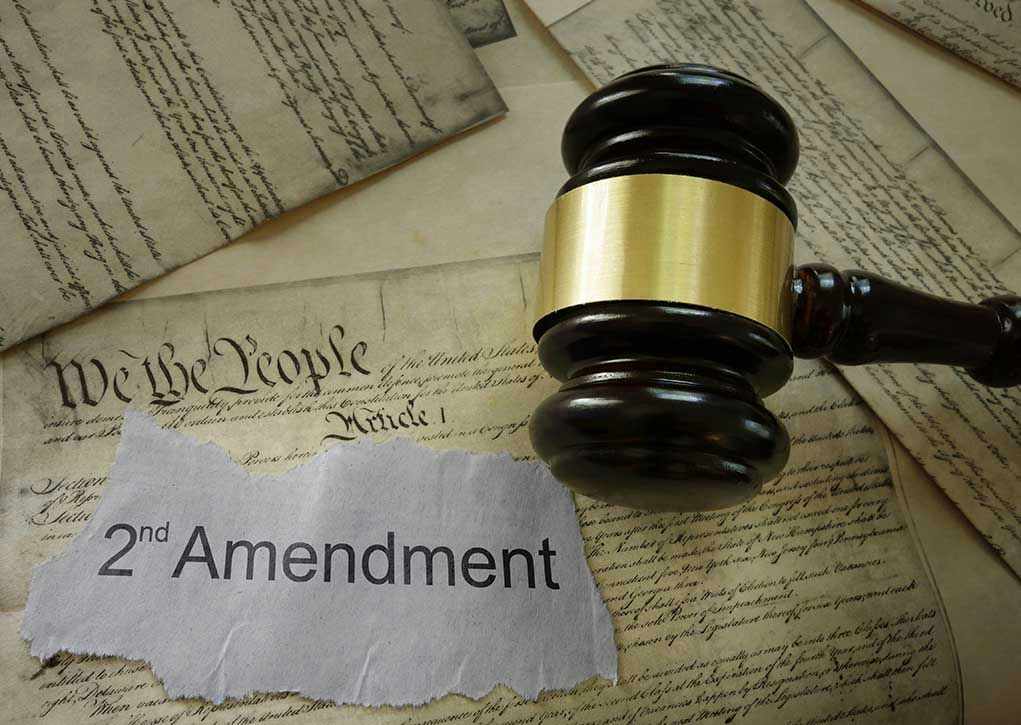
In a landmark decision, the Minnesota Supreme Court has ruled in favor of allowing Minnesotans to possess “ghost guns,” sparking a debate over state and federal firearm regulations.
Story Highlights
- Minnesota Supreme Court ruled ghost guns legal due to a gap in state law.
- Federal law does not require serial numbers on privately made firearms.
- The decision was split, with a dissent from the Chief Justice.
- Potential legislative action may follow to address the legal gap.
Legal Context of the Ruling
On August 6, 2025, the Minnesota Supreme Court ruled in a split decision that it is legal for residents to possess firearms without serial numbers, commonly known as “ghost guns.” The ruling is based on the interpretation that Minnesota’s state law, which references federal regulations, does not independently criminalize such possession. Federal law mandates serialization only for firearms manufactured by licensed entities, leaving privately made firearms outside its scope.
The court’s decision stems from a 2022 incident in Minnesota where a ghost gun was discovered during a traffic stop. Initially dismissed by a district court due to legal vagueness, the case was then overturned by the Minnesota Court of Appeals before the Supreme Court’s final judgment. This case highlights the complexities where state and federal regulations intersect, especially in areas not explicitly defined, such as ghost guns.
Implications for State Legislation
The ruling has significant implications for Minnesota’s legislative framework. It underscores the lack of explicit state-level regulations on ghost guns, placing the onus on lawmakers to address the gap. Gun rights advocates see it as a victory for individual liberties, while gun control groups express concern over public safety due to the untraceable nature of ghost guns.
Lawmakers are now faced with the task of deciding whether to enact new legislation to regulate or ban ghost guns. The ruling has already sparked calls from various advocacy groups for legislative action. Without a clear state statute, the legality of ghost guns remains a contentious issue, with potential national repercussions as other states observe Minnesota’s approach.
Broader Impact and Perspectives
The broader impact of this ruling is multifaceted. For gun owners, it offers legal clarity and protection for possessing ghost guns in Minnesota. However, law enforcement faces challenges in tracing firearms used in crimes, which could potentially lead to increased criminal activity. The general public may experience heightened exposure to untraceable firearms, increasing the risks associated with gun violence.
Economically, the ruling could lead to growth in the market for ghost gun kits and parts, while socially, it fuels ongoing debates about gun rights versus public safety. Politically, the decision places pressure on state legislators to address the issue, potentially influencing similar debates in other states. Legal and advocacy sectors may see an increase in litigation and lobbying activities as stakeholders react to the ruling.
Sources:
Gallagher Defense legal analysis




